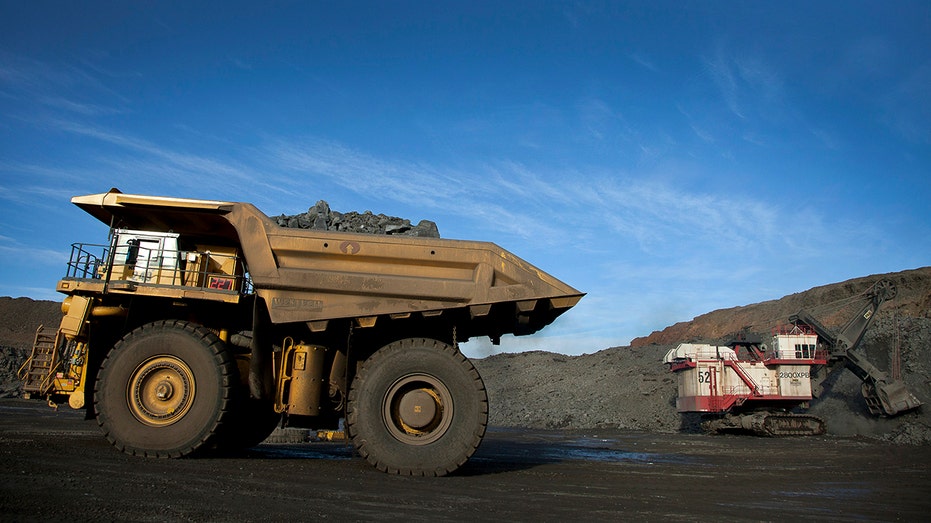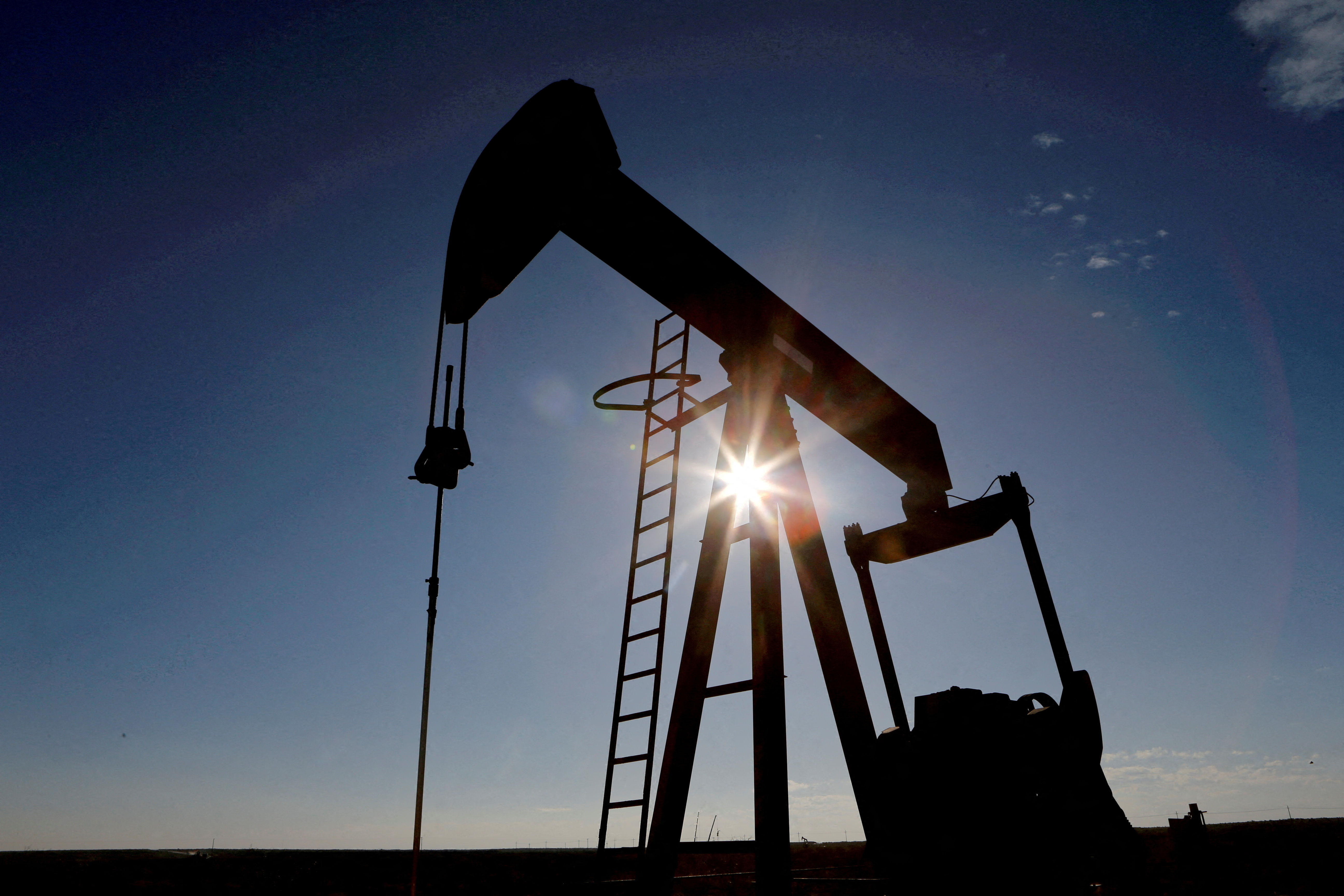Global commodity prices likely to slip in 2023, World Bank says
Prices of energy, food and metals should continue to fall this year
As oil prices rise, food prices 'will go up again': John Catsimatidis
Red Apple Group and United Refining Company Chairman and CEO John Catsimatidis discusses how looming market pressures will cause food and gas prices to spike again.
Prices for food, energy and metals are likely to continue seeing downward pressure in 2023, but there will likely be little relief for consumers with commodity prices still sitting above prepandemic levels, keeping inflation pressures high, according to a new report from the World Bank.
Commodity markets have been under pressure this year, with energy, food and metal prices all seeing major drops since the start of the year. As a whole, commodities have fallen 14% since January, while prices are now 32% below their historic highs set in June last year as the full effects of the war in Ukraine were being felt by markets, the World Bank said in its Commodity Markets Outlook report on Thursday.
It now expects commodity prices to fall 21% this year, which would be the steepest decline in prices since the pandemic, before steadying in 2024.

An oil tanker passes underneath the Golden Gate Bridge in San Francisco, California, on Feb. 26, 2014. (Reuters/Beck Diefenbach / Reuters Photos)
Despite the fall, consumers are likely still going to feel the pinch, with price levels for all major commodity groups still much higher than they were prior to the pandemic, the World Bank said.
GLOBAL MINERS GEAR UP FOR ENERGY TRANSITION WITH DEALS AND INVESTMENTS
The report in particular noted the effects felt on food prices, with fertilizer prices reaching an all-time high in real terms last year, while food prices were at their second-highest level in real terms since the grain shortages of 1973-75.
"Elevated food prices contribute to higher food insecurity, with severe implications for poorer populations in many developing economies," the report said, adding that annual domestic food-price inflation across 146 countries averaged 20% in February 2023, the highest level over the past two decades.
The issues felt within food have been offset to an extent by falls in energy prices, according to the bank. It noted that energy prices were 20% lower during the first quarter of 2023 compared to the last quarter of 2022, led by drops in oil and natural gas.

A 240-ton capacity production truck, left, drives out of an open pit mine with a load of taconite heading to the taconite processing plant at the Hibbing Taconite Co. pellet manufacturing plant, operated by Cliff's Natural Resources Inc., in Hibbing, (Ariana Lindquist/Bloomberg via Getty Images / Getty Images)
However, the bank expects much of the fall that has already occurred to now be steady for the remainder of the year, with prices possibly lifting in 2024.
The report pointed to a redirection of trade flows helping to lower prices, with Russian energy and minerals now going toward China and India as well as emerging markets, away from Europe. Coal and gas markets have also seen major switches in terms of trade flows too.
The bank noted that metal prices are up for the year, by about 10%, but that came from a downturn in prices toward the end of last year, when a strong dollar and worries over Chinese demand hit prices. The bank expects non-energy commodities to fall 10% this year and a further 3% in 2024 on weak global demand.
Despite the expected fall, the World Bank did point to some risks in its outlook. The first being that there could be a weaker-than-expected oil supply from Russia and the Organization of the Petroleum Exporting Countries if supply remains below target.
"Tighter credit conditions may impede the ability of oil or coal companies to increase supply elsewhere," the bank said, adding that tighter regulations on fossil fuels are also likely to dissuade investment into the field.
Chinese demand also remains uncertain, though the bank indicated that the recovery could be led by property rather than services and so would be bullish for commodities like aluminum and copper, which are used in building.
CLICK HERE TO GET THE FOX BUSINESS APP
Geopolitical concerns are also a factor, with worries over European gas stocks next winter and uncertainty over the Black Sea Grain Initiative. Plus, weather concerns might also raise prices given the droughts seen last summer in Europe, which heavily affected river flows and food output.
"In addition, if an El Nino event happens, it could lead to higher temperatures and heavy rainfall later in 2023," the bank said.




















